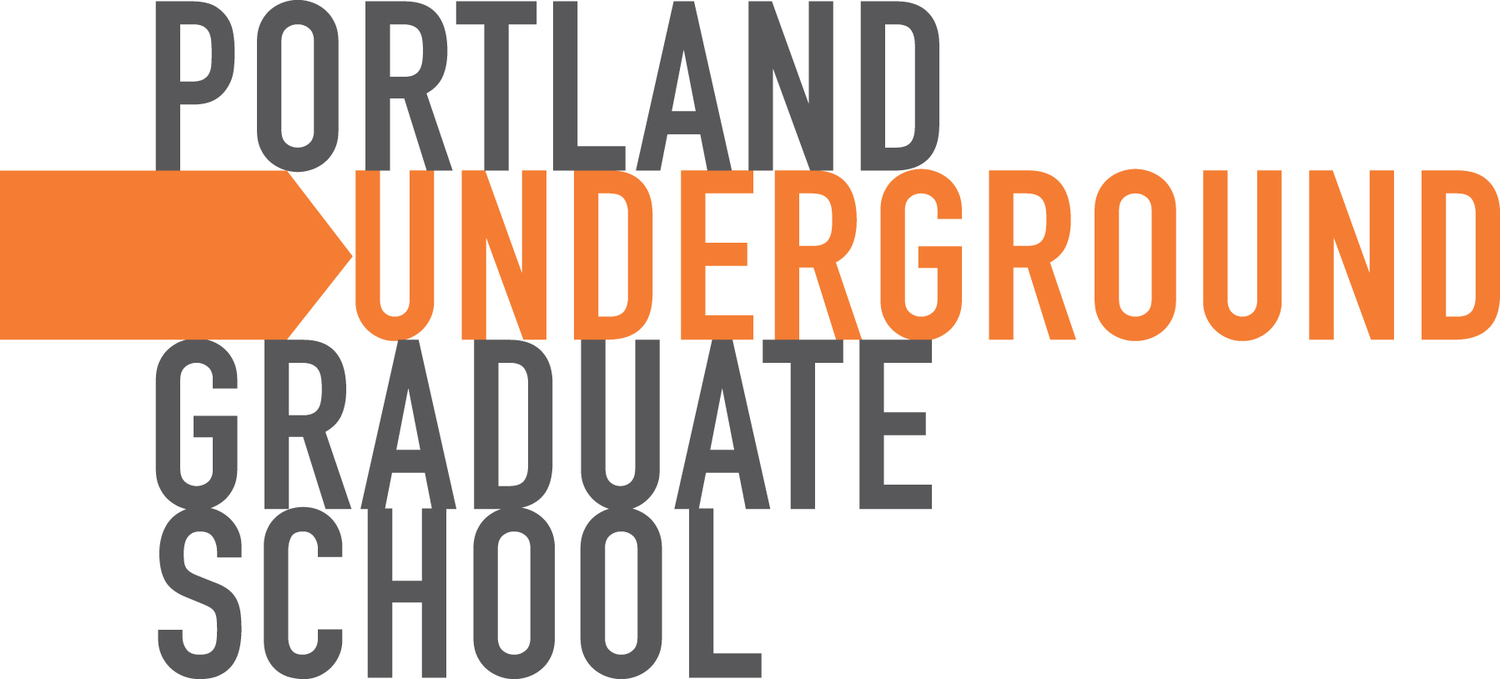Mass Incarceration & The War on Drugs (November 2017)
Mass Incarceration & The War on Drugs (November 2017)
Understanding & Moving Beyond the Current Prison Crisis
Mass incarceration is the racial justice issue of our time. The U.S. incarcerates more people per capita than any country in the world, and incarceration rates are acutely and disproportionately concentrated in communities of color. What are we going to do about it?
Tuesdays, November 7 to December 12 || 7:00-9:00 pm
Location: Hatch || 2420 NE Sandy Blvd
Six weeks $199 || Space is limited to 25 students || Discounted Tuition Available
Many Portlanders are free to close their eyes and ignore mass incarceration, while others must face the legal system’s injustices every day. We can’t allow this to happen any longer. In this class, we’ll learn the roots and real-life experiences of mass incarceration, and we’ll hear from local experts who have been directly impacted by the system and are working for change. By better understanding the history, impact, and complexity of mass incarceration, and connecting with those already working to address it, we can develop meaningful ideas to disrupt the status quo. We'll plan what we can do individually and collectively to join the movement to dismantle mass incarceration within Oregon.
In class meetings, we’ll discuss the lecture material and gather critical information to put into action. In the last two classes, we will co-create class projects aimed at disrupting mass incarceration at the local level. Let’s work together to end mass incarceration and transform our community!
Note: Lectures will be delivered via podcast before class meetings.
Week 1: Mass Incarceration 101. What is mass incarceration? We will identify the key features of mass incarceration and the criminal justice system, and map our specific interests and resources surrounding racial justice.
Week 2: Mass Incarceration in Context. Why did mass incarceration emerge? We will connect the long history of slavery and racial exclusion to the War on Drugs, and learn about disrupting mass incarceration locally from representatives of Oregon-based justice organizations.
Week 3: Trauma, Crime, and Violence. What are the historical conditions and personal experiences that led to spiking crime and violence in the 1980s and 1990s? What is the impact of rising incarceration rates on communities in which they are concentrated? We will discuss the recent history of urban neighborhoods through the lens of those who came of age in the War on Drugs era, and hear from local non-profits about opportunities for intervention at each phase of criminal justice involvement.
Week 4: Lived Histories of Incarceration. How has mass incarceration shaped the lives of those within U.S. prisons, and affected their romantic partners, children, and families? We will learn about life under mass incarceration, and discuss active solutions with people who have experienced the system in Oregon.
Week 5: The Political Economy of Punishment. Are prisons big business? We will identify the vast array of actors who have a stake in maintaining the status quo and clarify the complexities of privatization. We’ll also begin assimilating what we’ve learned so far to devise projects that target the problems discussed in the class.
Week 6: Moving Forward. What are the most promising interventions into the incarceration crisis? What can be done to reduce the prison population and transform the criminal justice system? In our last class, we will dedicate ourselves to co-creating interventions for real change through actionable plans and projects.
"I cannot recommend Nicole Lindahl's course on Mass Incarceration and the war on drugs enough!! The depth of knowledge combined with real experience that Nicole has in gathering and writing about the life histories of those that have been serving long sentences in prison through her doctoral dissertation is rare. Her own work over eight years in San Quentin prison provide a lens that brings all the facts and statistics to the table close up and personal. Based on our feedback from the first course, the changes and format to this upcoming new version of the course, where her lectures and slides will be in podcast form and the classroom time will be spent in conversation and in creating concrete projects together makes me eager to take this course again!
The very real challenges that people of colour face every day are presented in this course in a way that enables each of us to do something to help make a difference and to help change the landscape of what is to what we hope it to be!
Thank you Nicole for birthing this course in such a way that enables us both to learn and take concrete action on doing our small part to help make a difference in bringing our collective piece of humanity into an inhumane system!" - Cathy
"Nicole is engaging as she concisely builds the historical context responsible for the current climate of mass incarceration, specifically as it relates to race and class, and outlines successful alternatives to incarceration being implemented around the country. Our group discussions were enlightening and thought-provoking, typically continuing after class." - Julie
Nicole Lindahl has worked to dismantle mass incarceration for the past 20 years. Most recently, she earned her PhD from UC Berkeley researching the life histories of people who were convicted of violent crimes and served long sentences in California.



